Faithful Citizenship
What is Faithful Citizenship?
Discipleship demands that all Catholics work with others to build a civic society aligned with Catholic Social Teaching in which all people are able to reach their fullest calling in both personal and community life. The Church is called to address the pressing need to share the social demands of the Gospel and Catholic tradition more clearly.
Responsible citizenship is a virtue; participation in the political process is a moral obligation. This obligation is rooted in our baptismal commitment to follow Jesus Christ and to bear Christian witness in all we do. As the Catechism of the Catholic Church reminds us, “It is necessary that all participate, each according to his position and role, in promoting the common good. This obligation is inherent in the dignity of the human person. ... As far as possible citizens should take an active part in public life” (nos. 1913-1915).
Faithful citizenship is about more than elections. It requires ongoing participation in the continuing political and legislative process. You can learn more by exploring the helpful resources we have provided below. For those interested in immersing themselves even deeper into faithful citizenship, please read the USCCB's Forming Consciences for Faithful Citizenship.
Helpful Resources
Are you registered to vote?
Contact your local county to register to vote in all elections. Parishes are encouraged to hold non-partisan voter registration drives at their parishes. Persons can be deputized by the county to become voter registrars. Contact your local county to find out procedures.
Voter Education and Voter Registration Info:
English Español
Additional Resources
How-to guides, prayer resources, and small group studies for parishes and parish leaders.
How-to Guides
- How to Contact Your Elected Officials Bulletin Insert | (Español)
- Do's and Don'ts Guidelines During Election Season
- Tips for Conducting Candidate Forums | (Español)

